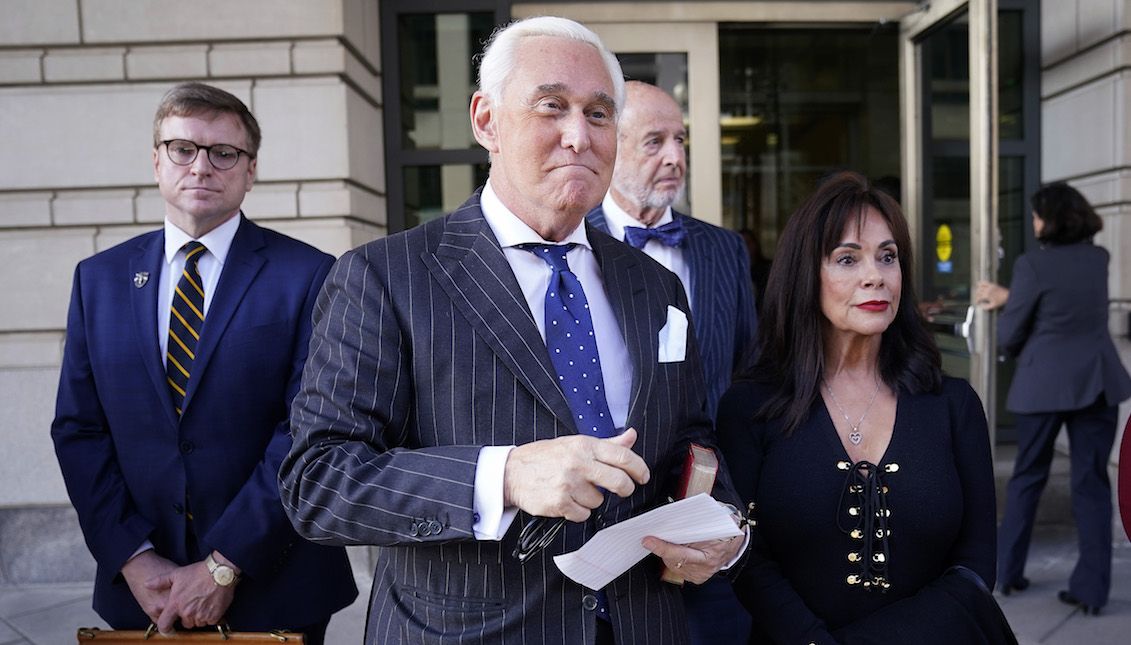
Trump's Revenge: How the Aftermath of Impeachment Shows that the President Learned No Lessons
After the end of the impeachment process, the American president seems to take seriously his ability –and that of his friends– to be above the law.
Just hours after the Republican-majority Senate announced its vote in favor of President Donald Trump's acquittal on charges of abuse of power and obstruction of Congress, the president turned to social media to warn of the consequences of his new power.
The president initiated what the media has called "a purge" among those who testified against him.
Can’t say I mind the fact that the great people of West Virginia are furious at their puppet Democrat Senator, Joe Manchin. They will never forget his phony vote on the Impeachment Hoax. All he had to do is read the Transcripts, sadly, which he wouldn’t understand anyway.....
— Donald J. Trump (@realDonaldTrump) February 9, 2020
The White House announced the dismissal of Ambassador to the European Union Gordon Sondland and Lieutenant General Alexander Vindman, two of the key witnesses in the House of Representatives investigation.
According to Politico, the firings occurred "amidst a promise of 'revenge' from White House officials," encouraged by aggressive messages and statements from the president on social networks and in front of the media.
Other victims were Senators Mitt Romney — the only Republican to vote against him — and Joe Manchin, a West Virginia Democrat who has been one of the more bipartisan members of Congress.
Former U.S. envoy to Ukraine Marie Yovanovitch, her colleague Bill Taylor, former State Department chief Michael McKinley, Kurt Volker, and Tim Morrison also left their posts during the process.
But while their enemies are falling one by one, their allies are challenging the limits of justice in the country.
RELATED CONTENT
After the president's impeachment, Trump decided to advocate for the pardon of his personal advisor and Nixon-era political consultant, Roger Stone, who was found guilty of seven counts, including obstruction of Congress, during the Mueller investigation.
While the Trump campaign allegedly fired Stone from his advisory position in 2015, his statements about the Wikileaks leak of Hillary Clinton's emails put him in the crosshairs of the Russian interference investigation.
Prosecutors in the case asked the federal judge to sentence Stone to seven to nine years for his crimes, CNN reported, but on Tuesday the Justice Department intervened, asking for "much less prison time.”
The White House has said the president had nothing to do with the Justice Department's recommendation, but connecting the dots from an acquittal without witnesses or evidence of impeachment to the suggestion of a symbolic pardon for Stone is not that difficult.
On the Senate floor, Democratic Minority Leader Chuck Schumer said:
“The president ran against the “swamp” in Washington—a place where the game is rigged by the powerful to benefit them personally. I ask my fellow Americans: what is more swampy, what is more fetid, what is more stinking, than the most powerful person in our country literally changing the rules to benefit a crony guilty of breaking the law?”











LEAVE A COMMENT: